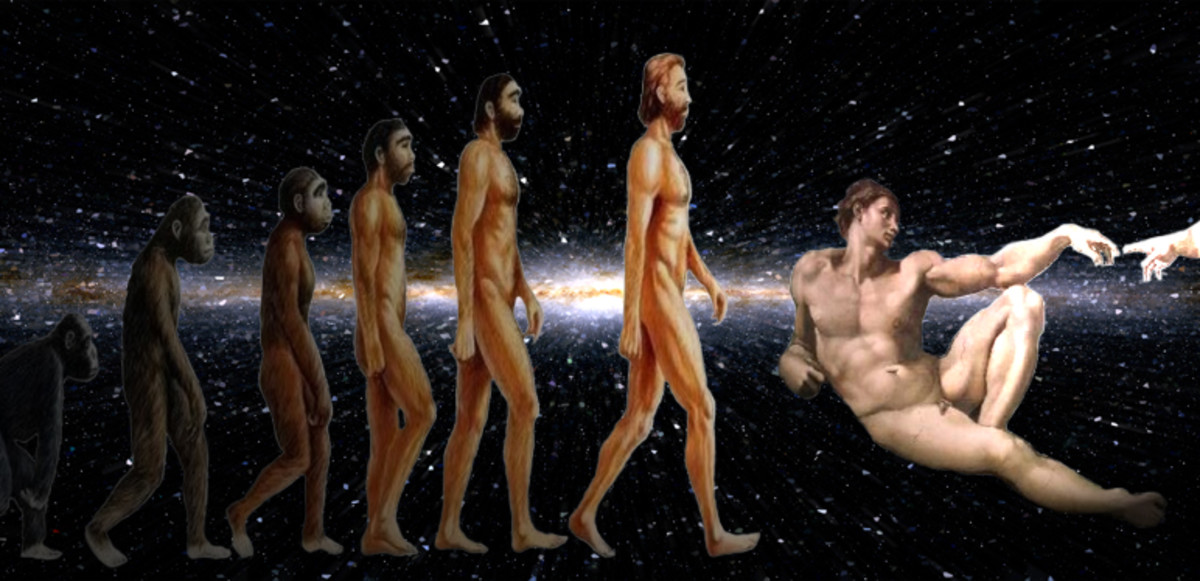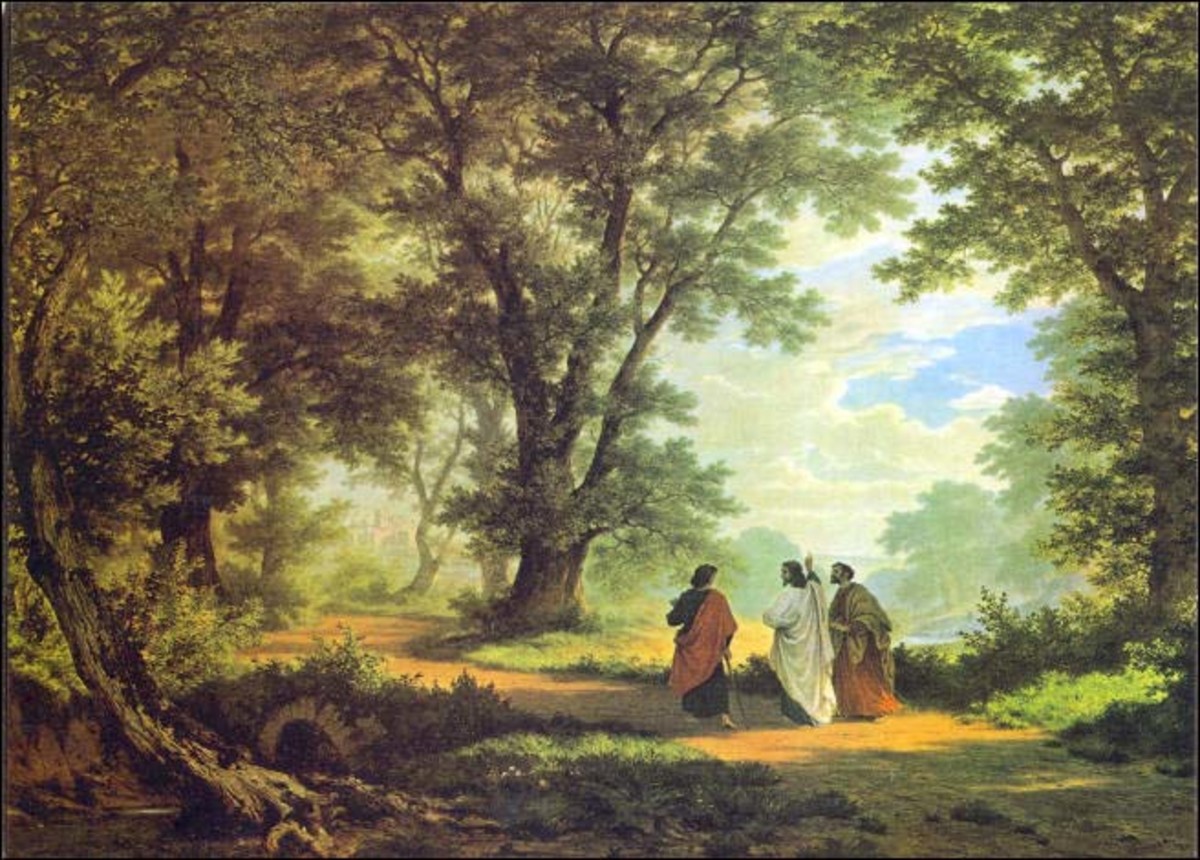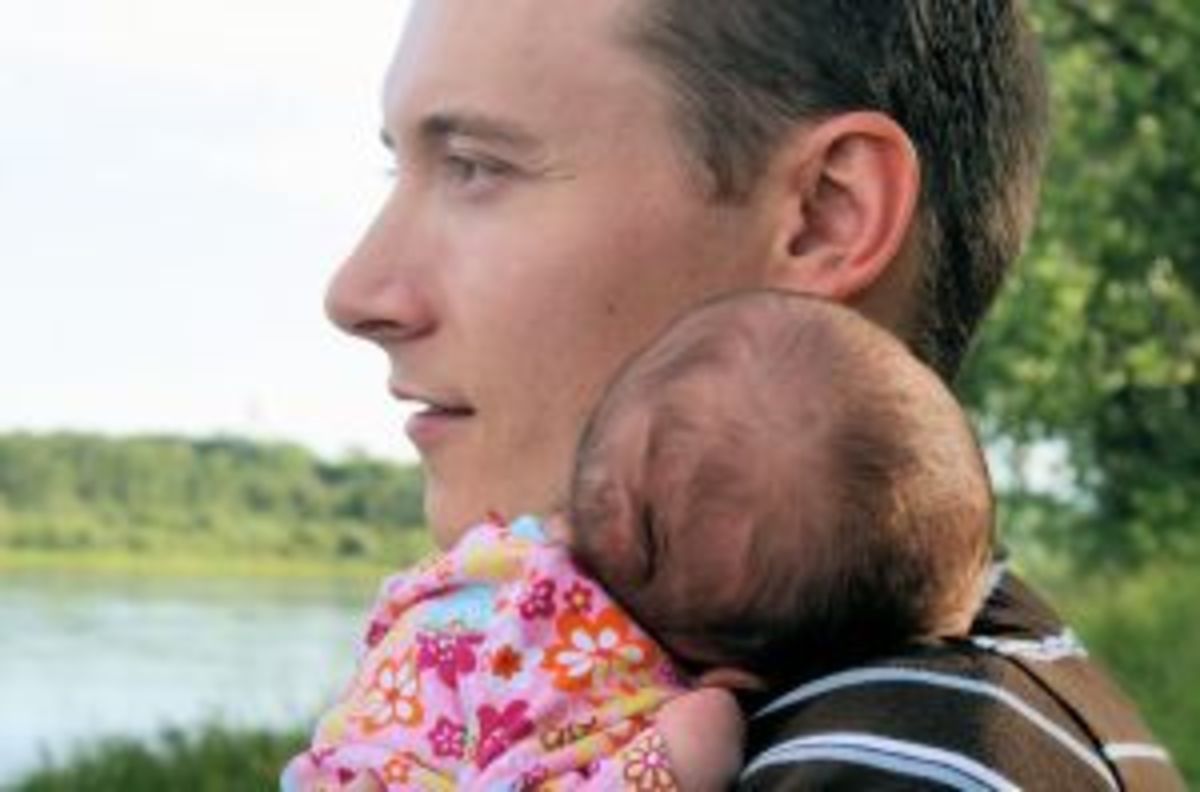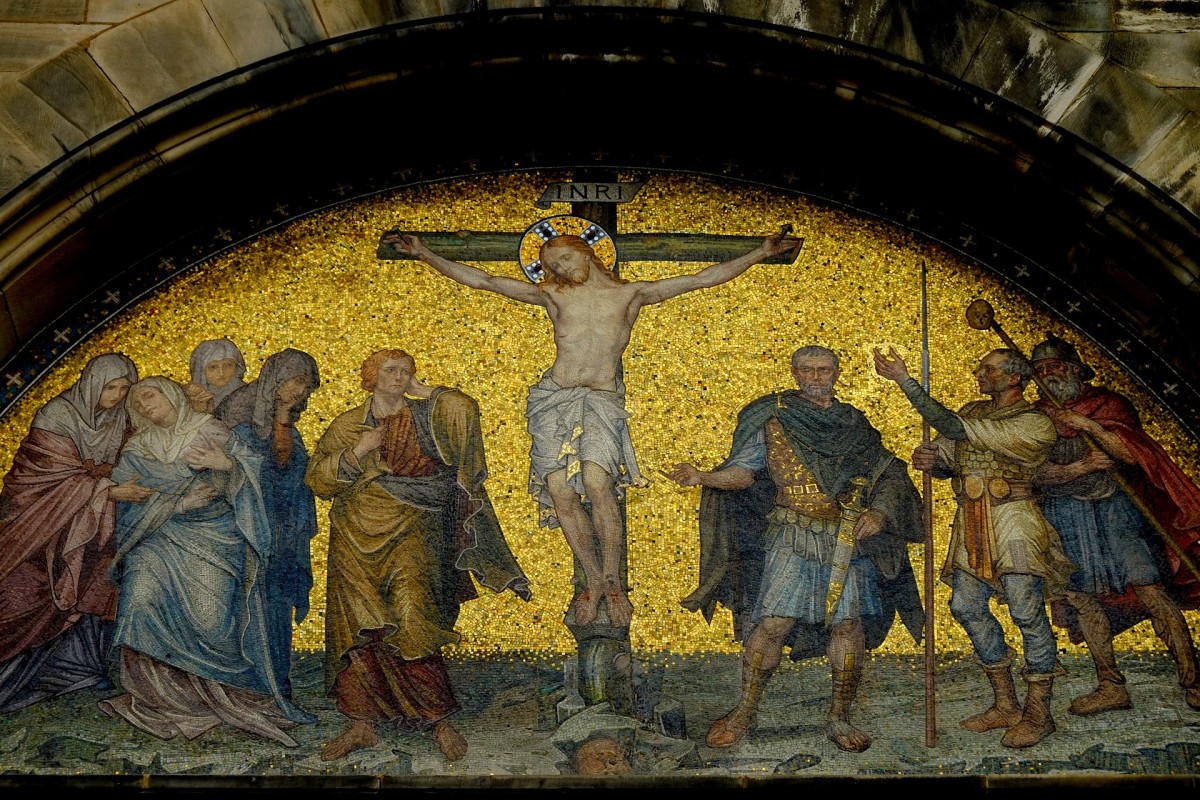Bible: What Does Genesis 4-5 Teach Us About Abel and Cain? Adam's Genealogy
Cain and Abel
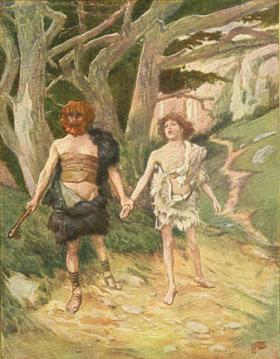
Genesis 4
Acting on God’s command to be fruitful and multiply (cf. 1:28), Adam “knows” Eve, and they “acquire” Cain.
She calls him “a man from the LORD” who later develops into a farmer (vv. 1, 2b). Their second son, Abel, becomes a shepherd (v. 2a).
An unspecified period passes during which the siblings presumably learned both the right attitude of worship and the right kind of sacrifice to offer the LORD.
[The writer bases this assumption upon the context (vv. 3-5)].
After rejecting both Cain and his offering, God questions him about his attitude, and then warns him against falling prey to sin’s desire toward him (vv. 6-7).
[Notice the writer employs the same language here as he did when referring to Eve’s desire to rule over Adam (see 3:16)].
[Cain is “unregenerate”; can he rule over sin’s desire?
Is God asking him to do what is impossible for him, thus purposing to show Cain his need to cry out to Him for grace?]
Cain Murders Abel
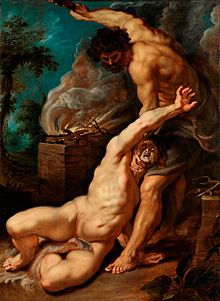
Later, Cain’s unconfessed jealousy erupts in violence with his murder of Abel (v. 8).
Again, Yahweh immediately confronts the sinner with a rhetorical question, attempting to elicit a confession from him (v. 9a; cf. 3:9, 11; 4:6).
Cain’s response demonstrates that sin’s desire has mastered him.
Not only does he lie about Abel’s whereabouts, but he also manifests bitterness:a lack of love for his brother and a lack of concern for his welfare (v. 9b).
The LORD cries out against the bloody murder, and then condemns Cain not only to fail in his chosen work (farming), but also to wander the earth as “a fugitive and a vagabond” (vv. 10-12).
Trying to ameliorate his punishment, Cain complains that he will become a target of bounty hunters because of God’s three-fold judgment upon him (“driving me out . . . from the face of the ground,” being “hidden from Your face,” and being a “fugitive and a vagabond”) [vv. 13-14].
Yahweh mercifully “labels” Cain with a mark, and issues a strong warning to anyone who should want to kill him (v. 15).
Comment: Although the text does not state as much, Adam and Eve undoubtedly reared other children.Therefore, Cain’s pursuers would have been blood brothers who left home and “put down roots” elsewhere. See Ezekiel 9, Ephesians 1, and Revelation 13, 14 for other marks or seals placed upon people by angels, God, and the False Prophet.
Like a future relative (Jonah; see Jon. 1:3), Cain departs “from the presence of the LORD.
”He settles east of Eden in the land of Nod (“Wandering”) [v. 16], has a child (Enoch) with a sister he married at home or a more distant one living in Nod (v. 17a), and names a city that he builds after his son (v. 17b).
[Since genetic mutations are undoubtedly non-existent at this early date, Cain can marry a sister and expect to see no ill effects upon the children].
Verse 18 lists males from the succeeding four generations.
Lamech becomes an infamous character born in the fourth generation after Enoch.
He marries two wives, Adah and Zillah; the former bears him Jabal (a nomadic herdsman) and Jubal (a musician), and the latter gives him Tubal-Cain (a metal craftsman) and Naamah, a sister (vv. 19-22).
Shame follows Lamech because he boasted about a murder he committed, and yet saw himself as practically righteous before the LORD (v. 23).
[By quipping that he should be avenged eleven times more than Cain if someone killed him, Lamech suggests that his man-slaying was justified].
Abel's Replacement
view quiz statisticsAbel's Replacement
Adam and Eve have a son to replace Abel, whose name is Seth (v. 25).
Comment: Again, they have had many other children which the text does not mention; Seth was a special son in that he carried on the Messianic line (see Lk. 3:38). According to chapter five’s genealogy, Adam begat Seth at age one hundred thirty.
At the time that Seth begets Enosh, “men began to call on the name of the LORD” (v. 26).
[“Calling on the name of the LORD” appears to be a holy activity].
Man in the "Image" of God
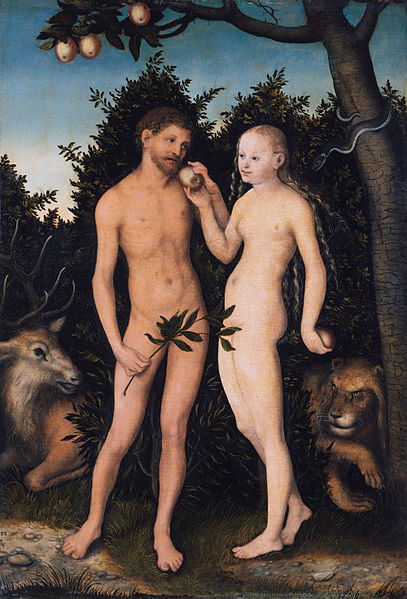
Adam's Genealogy
Genesis 5
Verse 1 commences with the second toledoth, focusing on Adam’s genealogy.
Unlike the first instance when the author used this word to conclude a section, this time he employs it to point forward.
Before listing Adam’s posterity, he alludes to three essential facts about Mankind:
(1) God made him in His likeness (v. 1);
(2) God created them male and female (v. 2a); and
(3) God blessed them and called them Mankind (v. 2b).
The following chart shows names of important personages, their age at the birth of the heir, and their age at death:
Name of Prominent Father
| Age at the Birth of Heir, (Date from Creation), Heir’s name
| Age at Death, Date from Creation
|
|---|---|---|
Adam (v. 3)
| One hundred thirty, Seth
| Nine hundred thirty
|
Seth (v. 6)
| One hundred five (235), Enosh
| Nine hundred twelve, 1042
|
Enosh (v. 9)
| Ninety, Cainan (325)
| Nine hundred five, 1140
|
Cainan (v. 12)
| Seventy, Mahalalel (395)
| Nine hundred ten, 1235
|
Mahalalel (v. 15)
| Sixty-five, Jared (460)
| Eight hundred ninety-five, 1290
|
Jared (v. 18)
| One hundred sixty-two, Enoch (622)
| Nine hundred sixty-two, 1422
|
Enoch (v. 21)
| Sixty-five, Methuselah (687)
| Three hundred sixty-five*-- 987
|
Methusaleh (v. 25)
| One hundred eighty-seven, Lamech (874)
| Nine hundred sixty-nine, 1656
|
Lamech (v. 28)
| One hundred eighty-two, Noah** (1056)
| Seven hundred seventy- seven, 1651
|
Noah (v. 32)
| Five hundred two, Shem (1558)
| Nine hundred fifty***-- 2006
|
*God “took” Enoch because he “walked” with Him faithfully (v. 24; cf. Heb. 11:5).
**Noah’s name means “rest”; his father Lamech prophesied that he would comfort people concerning their work (v. 29).
***Noah’s completed record appears in Genesis 9:28-29.
Just some observations: people lived much longer in earlier days, apparently because of the genetic makeup and environmental factors.
Methuselah was the oldest man, Enoch the holiest, and Noah the one who had children the latest.
© 2013 glynch1

